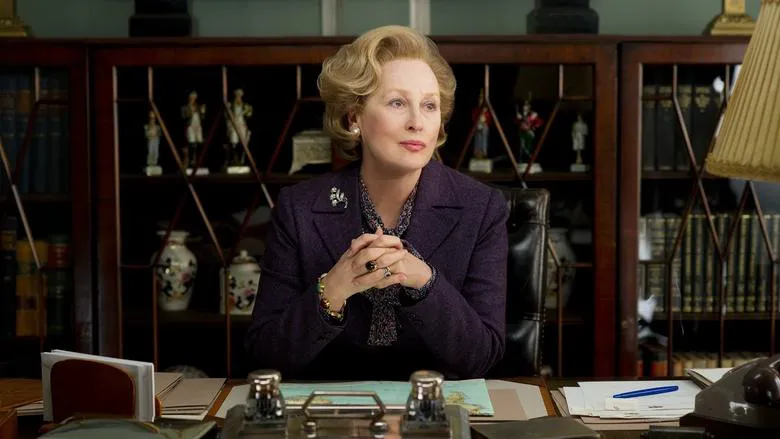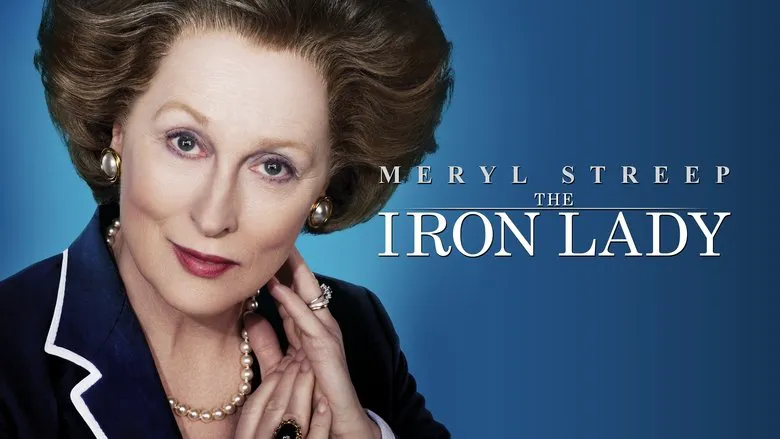Meryl Streep’s Tour-de-Force in a Myth-Making Exercise: A Review of “The Iron Lady”
While Meryl Streep delivers one of the most compelling performances of her career, “The Iron Lady” ultimately feels like an exercise in myth-making rather than a balanced portrayal of a complex figure.
The film centers on Margaret Thatcher (Streep), now in her eighties, as she grapples with the loss of her husband, Denis (Jim Broadbent). In an attempt to move on, she decides to sort through his belongings, triggering a flood of memories from her remarkable and controversial political journey.
Thatcher’s Legacy: A Divisive Figure
Even years after her time in office, Thatcher’s legacy remains a contentious issue in the United Kingdom. Many still hold her responsible for the hardships caused by her policies – the miners’ strikes, the Falklands War, the poll tax, to name a few. Yet, an equally significant number of Britons continue to admire her strength and unwavering commitment to her convictions.

A Focus on the Woman, Not the Politics?
The film attempts to separate Thatcher the person from Thatcherism the ideology, focusing on the “Iron Lady” as a woman and exploring her political career through fragmented memories. However, this approach ultimately becomes the film’s weakness. It feels like a collection of greatest hits, with only snippets of each song. While the film doesn’t shy away from showing protests, riots, and her sometimes dictatorial leadership style, it clearly leans towards a sympathetic portrayal of the Baroness.
Meryl Streep’s Masterful Performance
The film’s strength lies undeniably in Meryl Streep’s performance. She embodies Maggie, both at the height of her power and in her twilight years, with uncanny accuracy. Streep goes beyond mere imitation; she inhabits the role so completely that she could patent the character.

Missed Opportunities
Unfortunately, Streep’s brilliance overshadows Jim Broadbent’s excellent portrayal of the loyal Denis. It’s a shame that their relationship, potentially the most interesting aspect of her biography (especially if the film aims to avoid politics), feels underdeveloped and disjointed. It would have been fascinating to see Streep, Broadbent, and Olivia Colman (who plays their daughter Carol) in a more critical film about Thatcher, perhaps directed by someone like Oliver Stone.